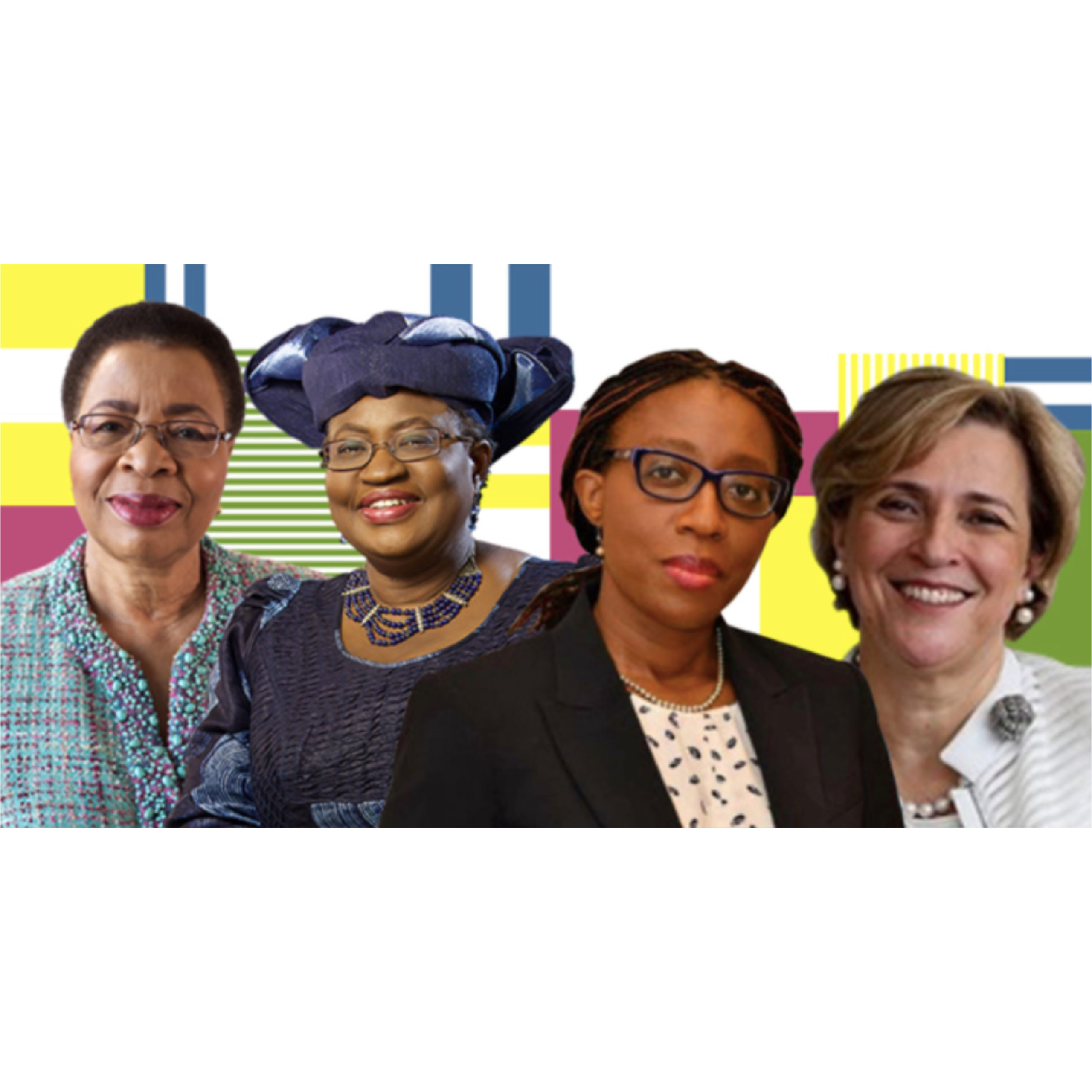#COVID19 Is Taking Its Toll on African Women But It Also Presents An Opportunity to Build an Equitable & Prosperous Continent
As COVID-19 began to spread across the world, the United Nations warned of another dimension to the emergency – “a shadow pandemic” – which is the violence against women behind closed doors as most parts of the world were on lockdown.
That is just one way the pandemic is affecting African women and women leaders are calling on governments to look at the ways that the disease and its impacts are affecting men and women differently while urging the same leaders to elevate women as essential contributors to response and recovery.
“There are women in labor being turned away from overburdened hospitals; domestic workers whose lost income won’t be replaced by stimulus funding; adolescent girls who cannot continue their education online because their communities frown at the sight of a phone in the hands of a woman,” Melinda Gates noted in a paper on Foreign Affairs.
Drawing similarities between the effects of COVID-19 on women and the Ebola epidemic of 2014 in West Africa, Gates also shed more light on how the former is “affecting women’s livelihoods more drastically than men’s.”
She said: “Early estimates suggest that around the world, women’s jobs are 1.8 times as likely to be cut in this recession than jobs held by men. What’s more, right as women’s paid work is evaporating, their unpaid work caring for children and family members is increasing dramatically. Before the pandemic began, unpaid work was already a major barrier to women’s economic equality. Now, with many schools closed and health systems overwhelmed, more women may be forced to leave the workforce altogether.”
Graça Machel, Dr. Ngozi Okonjo-Iweala, Dr. Vera Songwe and Maria Ramos in their “Open Letter on the impact of COVID-19 on African women: bold actions to mitigate and drive meaningful reconstruction efforts,” said: “Times of Unprecedented Crisis Present Unique Opportunities for Unprecedented Action.”
They said: “Women have been hit particularly hard by this economic downturn. Emerging evidence from the ILO on the impact of COVID-19 suggests that women’s economic and productive lives will be affected disproportionately. They have less access to social protections and their capacity to absorb economic shocks is very low.
“As the economic toll of the crisis is felt, there is also an increased risk that female children will be forced into early marriages, and the number of child marriages and early pregnancy may increase as girls are turned into a source of quick income for families.”
They concluded: “COVID-19 presents us with unprecedented opportunities for the regeneration of the African socio-economic landscape and the movement towards a just, equitable and sustainably prosperous continent. Let us dare not squander this opportunity for a rebirth.”
These are some key facts from the papers
Women’s economic empowerment
- Early estimates suggest that around the world, women’s jobs are 1.8 times as likely
to be cut in this recession than jobs held by men (Melinda Gates in Foreign Affairs). - With supply chains disrupted due to COVID-19 and crises like global warming and
locust plagues, over 100 million people worldwide may suffer food shortages.
(Melinda Gates in Foreign Affairs; Open Letter by Graça Machel, Dr. Okonjo-Iweala,
Dr. Songwe, and Maria Ramos).
Healthcare
- Women make up 70% of workers in the health and social care sector and make 11%
less than men in the same field (World Economic Forum, sample of 104 countries). - Early estimates also suggest the pandemic will cause 49 million additional women
to go without contraceptives, leading to 15 million additional unplanned pregnancies (Guttmacher Institute).
Leadership
- Women represent just 6.2% of Heads of Governments, but women-led nations are
showing some of the most successful responses to the pandemic (UN Women).
These are the proposed solutions from the papers:
Women’s Economic Empowerment
- Governments can and should provide cash transfers specifically with women in
mind. Evidence shows that when women receive transfers and are shown how to use
their accounts, women’s participation in the labor force rises. - Governments can target women-owned businesses with relief programs. For
example, in Ghana, utility fees are being waived for women-owned enterprises,
reducing the burden of staying open during the pandemic. - Response resources should be allocated to women-led SMMEs (small, medium, and
microenterprises) to support local food production.
Healthcare
- Sexual and reproductive health should be classified as ‘essential services’.
- Women’s healthcare should be bundled so women can access services like vaccines,
antenatal care, and family planning in one doctor’s visit.
Leadership
- Governments should invite women to the decision-making table, including women
from grassroots organizations whose deep understanding of marginalized
populations can help ensure the official response leaves no woman behind.
Read Gates’ Op-Ed here and Machel, Okonjo-Iweala, Songwe and Ramos’ open letter here.
The post #COVID19 Is Taking Its Toll on African Women But It Also Presents An Opportunity to Build an Equitable & Prosperous Continent appeared first on BellaNaija - Showcasing Africa to the world. Read today!.
source https://www.bellanaija.com/2020/07/covid19-impact-african-women-equitable-continent/

Comments
Post a Comment